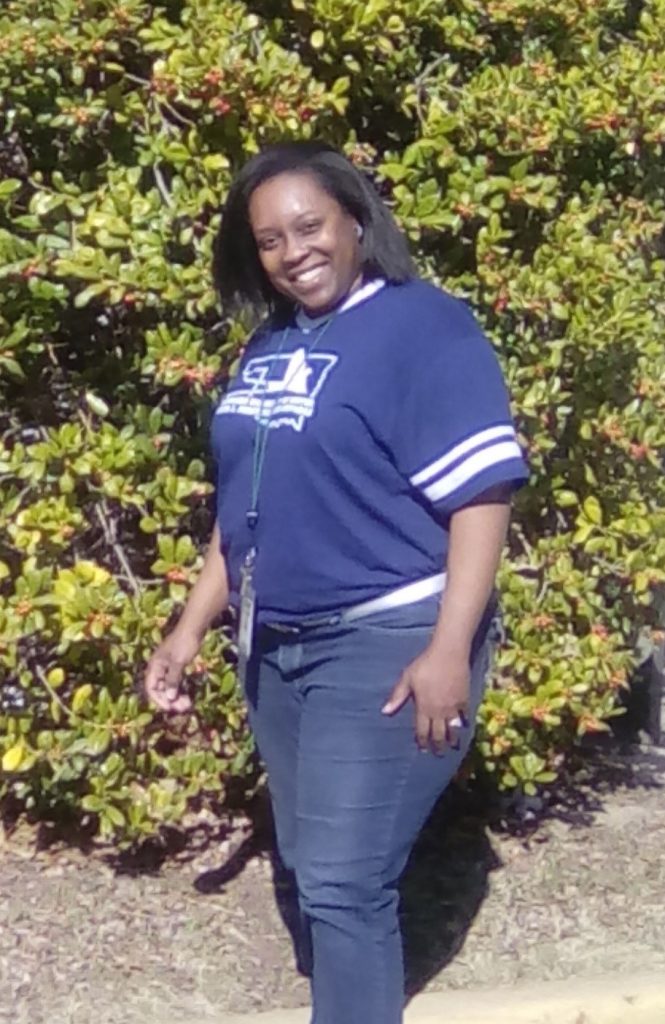Profiles in Recovery

Stephanie Newman
Newman is a testament to how people can change – and fully rebuild their lives in recovery. Daily cocaine and alcohol binges nearly killed her, and Newman spent time in prison for child neglect. She lived on the streets, stole to support her habit, and was often suicidal.
Healing and compassion – and lots of peer support – came from the Sister to Sister program, a non-profit recovery initiative in Oklahoma. Today Newman is nine years sober and a positive role model for her children. She uses her life experiences to provide support for others in recovery.
PreviousNextDay Job:
Certified peer recovery support specialist with the Oklahoma Department of Mental Health and Substance Abuse.
What I lost to addiction:
My ability to make healthy choices. Custody of my three children. An enormous amount of time (jails and institutions).
I lost my sense of purpose. All of my children’s belongings. My ability to sing and write poetry. I lost my self-respect and respect for others.
At my worst, I was:
Using lethal amounts of cocaine and alcohol daily. I was in a manic phase for six months. I did not speak to my family. I left a treatment center during my reunification process with my children because I wanted to use.
What worked for me:
Long-term inpatient treatment for people with co-occurring disorders. Sexual health treatment/education helped me address childhood sexual trauma. Periodic “reality check” letters from my mother and Drug Court with intensive outpatient and drug testing. Peer support, peer support.
Best advice for newbies:
People new in recovery can benefit the most from being painfully honest and transparent. Self-disclosure can heal and repair relationships as long as we are sincere about acknowledging that we were wrong. I have earned my long-term recovery by using these two recovery tools.
What I value most in recovery:
My relationship with God. The example that I am now showing my children. Emotional intelligence.
Rules I live by:
Let people be who they are and don’t try to change them. Remain teachable, remember that the world does not revolve around me. Remember, the ‘party’ is over.
Advice to my younger self:
Please tell someone what happened to you. Get the utter most out of free education. Believe in yourself. Allow your mother to be a parent. Go to counseling for ulcerative colitis patients. If you cannot get famous by not sleeping around, then fame is not your path in life.
Favorite recovery quote:
“The task is not to be normal, the task is to take up your journey of recovery and become who you are called to be.” ~ Anonymous
On My Bucket List:
Own my own faith-based inpatient treatment center. Trace my roots, visit the African continent, and develop, direct and produce a biography and screenplay based upon my true stories.
Stigma I faced:
I have faced stigma about being a mother who lost custody of her children because of my illness (addiction) and I ultimately made the right choice for my children. They are all prospering and not fighting addiction issues today because of my choice.
Proudest moment:
When my oldest son – the child who suffered the most from my illness – told me that he forgave me.
Shed the Stigma:
If you’re a person in long-term recovery who wants to share your insights, please contact us at [email protected].